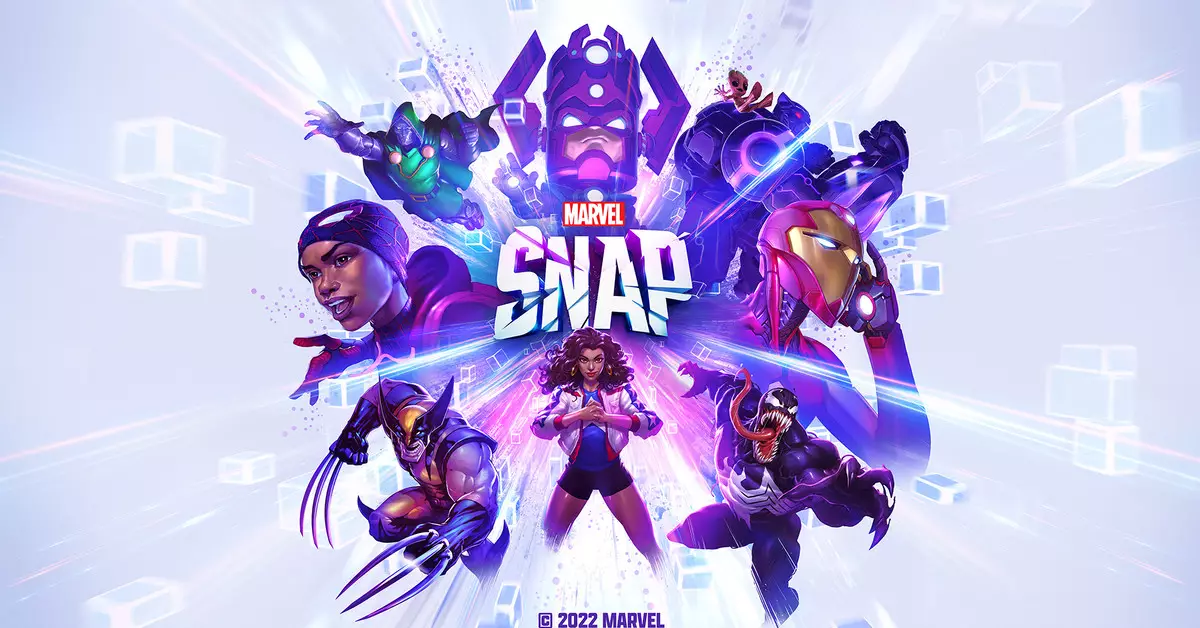After facing a tumultuous outage linked to parent company ByteDance, the mobile card game Marvel Snap is on its path to restoration in the app stores. Developed by Second Dinner, the game exemplifies the inseparability of gaming and technology in today’s entertainment ecosystem. Initial announcements revealed that as of a specific evening, the game was making its way back to Google Play. This recovery is not just a simple restoration but a complex maneuver that reflects larger issues facing digital content distributors and their interconnected corporate relationships.
Marvel Snap had fallen victim to a widespread outage last weekend that also affected other apps like CapCut and Lemon8. The root of this problem stemmed from its original publisher, Nuverse, being under the umbrella of ByteDance, TikTok’s parent company. This situation highlights the precarious nature of app publishing and the vulnerabilities that can arise when notable entities collide within the tech landscape. The sudden halt in service raised significant concerns, especially since many players had invested time and resources into the game.
To address player grievances, developers at Second Dinner promptly organized compensation packages for those affected by the disruption. Players in the US were promised in-game tokens, credits, and exclusive variants. This thoughtful outreach acknowledges the importance of maintaining player loyalty and trust, especially after such a significant interruption. For non-US players, a “Global Gratitude Package” was devised, albeit with fewer offerings. This decision illustrates a commitment to worldwide engagement despite geographical limitations and varying user experiences.
In the wake of the outage, Second Dinner has also signaled a strategic shift by hinting at plans to manage more of the service in-house and to collaborate with a new publishing partner. This pivot suggests an ambition to mitigate future risks affiliated with external dependencies. The ongoing relationship with Nuverse, although operational for now, might continue to evolve as the developer works to strengthen its autonomy in the mobile game marketplace.
Interestingly, the landscape is further complicated by the political narrative surrounding TikTok in the United States. Although President Trump directed a halt to the enforcement of a TikTok ban, the legality of hosting ByteDance-associated apps remains murky. This puts both Apple and Google in an awkward position regarding potential liability, as they weigh the legal ramifications of allowing or restricting access to certain applications.
As Marvel Snap reestablishes itself in app stores, its journey reflects broader truths about digital entertainment, corporate cooperation, and user experience. Players are now left with the anticipation of new developments and features promised by the developers. Whether this incident serves as a catalyst for a more stable future for the game or merely highlights ongoing vulnerabilities in the app ecosystem remains to be seen. What is clear, however, is that the engagement between players, developers, and the legal framework surrounding digital content will be critical in shaping the narrative moving forward.


Leave a Reply